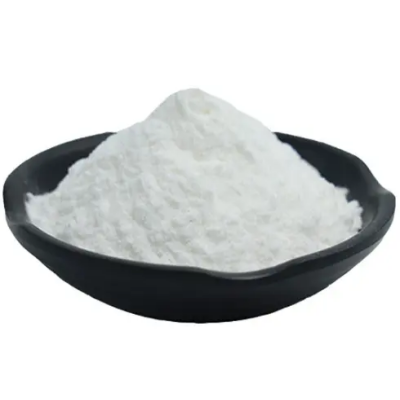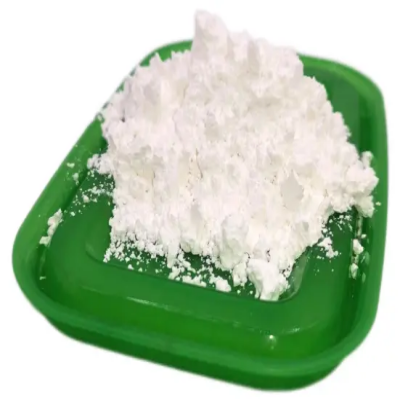Brassinolide CAS:72962-43-7
In agriculture, brassinolide is applied as a plant growth regulator to promote crop vigor, increase yields, and bolster resistance to environmental stresses. When using brassinolide, it is important to follow the recommended application guidelines specific to the crop type and growth stage. Typically, brassinolide is applied through foliar sprays or soil drenches at precise concentrations to optimize its effects on plant physiology. For horticultural purposes, brassinolide can be incorporated into greenhouse and nursery production practices to enhance seed germination, root development, and overall plant health. Its application can lead to improved quality and uniformity of ornamental plants, fruits, and vegetables. Additionally, brassinolide is employed in research and commercial settings to study its impact on plant growth and development, as well as its potential for enhancing stress tolerance and resilience against biotic and abiotic factors. Care should be taken to use brassinolide according to local regulations and manufacturer instructions to ensure its safe and effective application. Proper handling and storage of brassinolide are essential to maintain its stability and bioactivity. By leveraging the properties of brassinolide, growers and researchers can explore its potential to optimize plant performance, mitigate the impact of stressors, and advance sustainable agricultural practices aimed at improving crop productivity and resilience in diverse growing conditions.



| Composition | C28H48O6 |
| Assay | 99% |
| Appearance | white powder |
| CAS No. | 72962-43-7 |
| Packing | Small and bulk |
| Shelf Life | 2 years |
| Storage | Store in cool and dry area |
| Certification | ISO. |




![Bis[2-Hydroxyethyl] imino Tris-(Hydroxymethyl)-methane CAS:6976-37-0](https://cdn.globalso.com/xindaobiotech/图片169.png)




